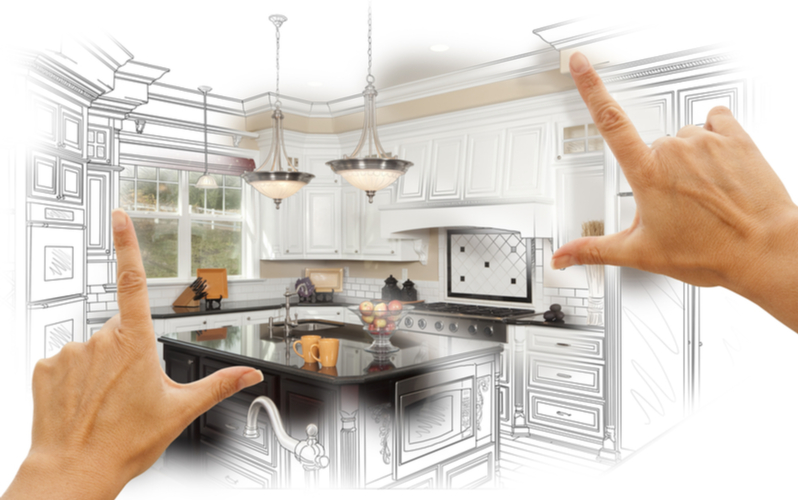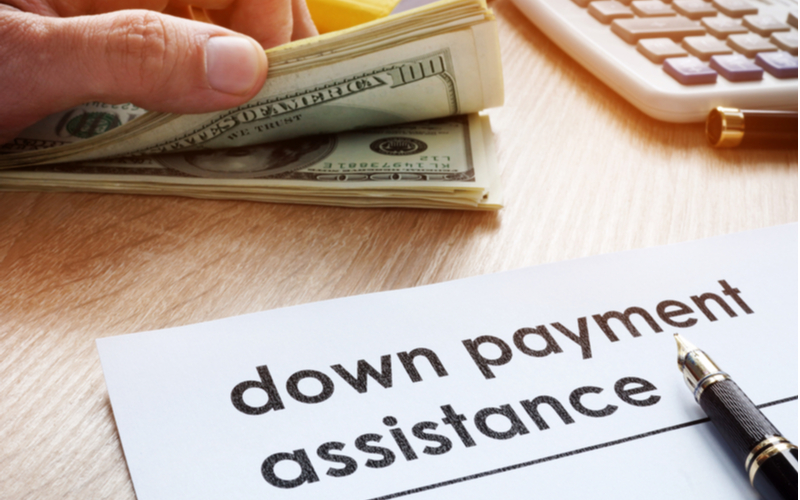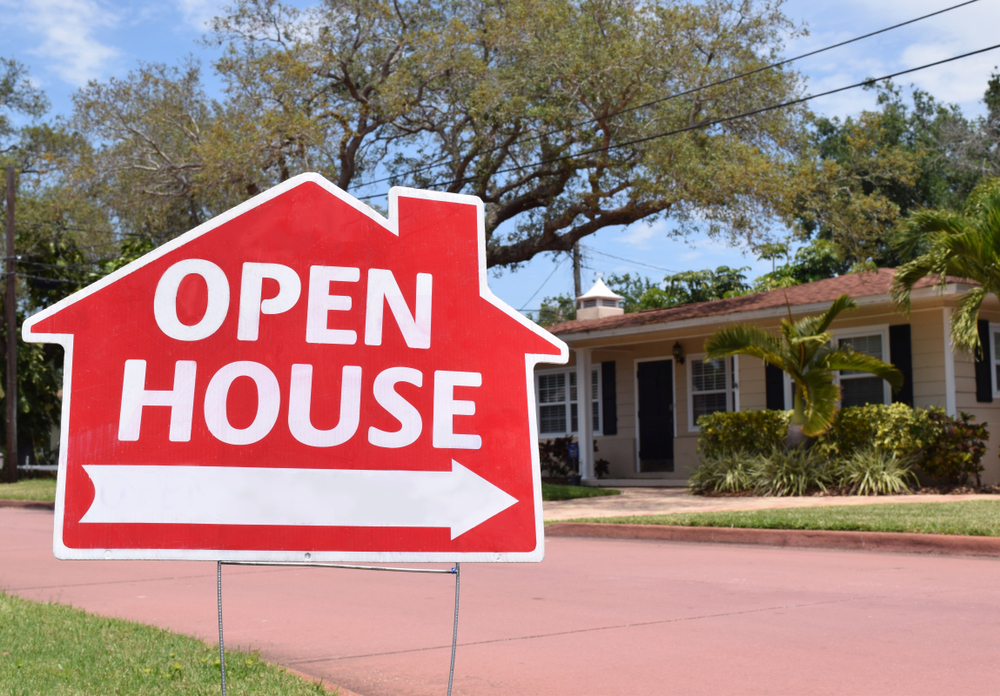
Whether you’re looking to buy your first home, or you consider yourself a seasoned investor, finding the perfect property is always an exciting experience. Oftentimes, your first visit to a potential new property comes in the form of an open house.
An incredibly valuable and insightful experience, open houses can provide you with an inside look into your prospective new home and give you some ideas as to the property’s potential and what your neighborhood might be like. However, your goal during an open house is to conduct a thorough inspection of the property in order to uncover any potential issues. Here are four warning signs to look out for when inspecting a home during an open house.
Faulty Lights
Testing the lights goes beyond simply flipping switches and seeing if they work. Of course, those are the basics of electrical work, but there are other factors to look out for. For example, make sure that turning on the lights doesn’t make another light fade or hurt the workings of an appliance. Quality electrical work will ensure that you and your family are safe, physically and financially.
Weak Roof
Although the roof may look healthy from the outside, ask the agent about its age and if there are any past roofing issues that you should be aware of. If there have been numerous repairs, that may be an indication that the roof needs replacing. Also ask if the current owner has gotten a wind mitigation report. This report will tell you the quality of the roofing materials, the quality of the installation, and could possibly give you a discount on your homeowner’s insurance.
Smelly Interior
It may seem like an odd thing to do but smelling the house can help you identify strange odors and determine whether something is right, or terribly wrong. Odors of mildew can mean that the house has mold, while a musty smell can indicate that the house is dirty or has not been properly maintained. Some of these smells can point toward water damage, mold, or other hazardous problems in the home. Taking note of these issues and the smells that go along with them can mean you are more well-prepared for what the home has in store.
Empty Neighborhood
When attending an open house, the home is not the only residence you should be examining. Be sure to check the neighborhood for warning signs. Does the neighborhood look clean and safe? Does it appear friendly and outgoing or is there no one around? Check how many homes in the neighborhood are for sale. Too many homes for sale may mean the area is not a desirable place to live.
Checking for these factors at an open house will help you make an informed decision when in the process of purchasing a new home.
Find the Right Mortgage for You
When financing your new Central Florida home, it is important that you find a lender that offers affordable loan options. The professionals at Butler Mortgage will work to find a loan solution that meets your needs. Call us today at 407-931-3800 or fill out our free consultation form online.



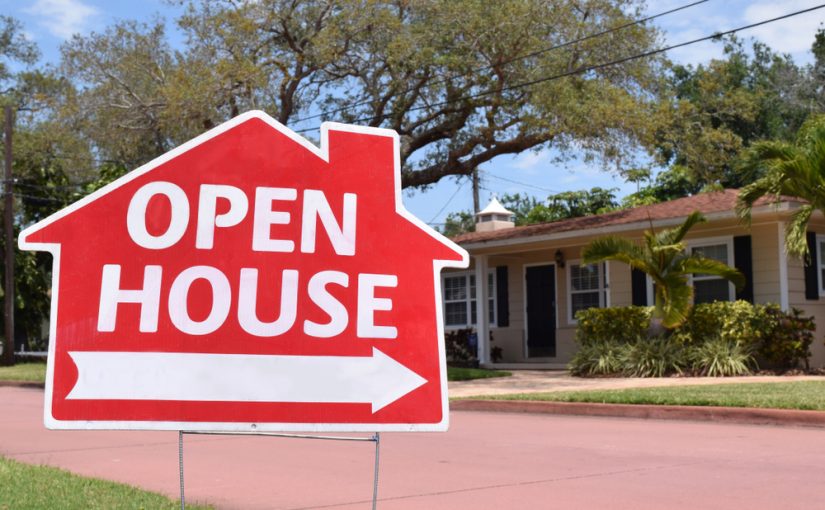

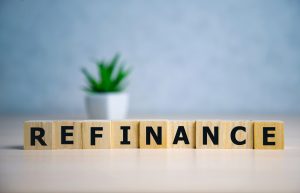





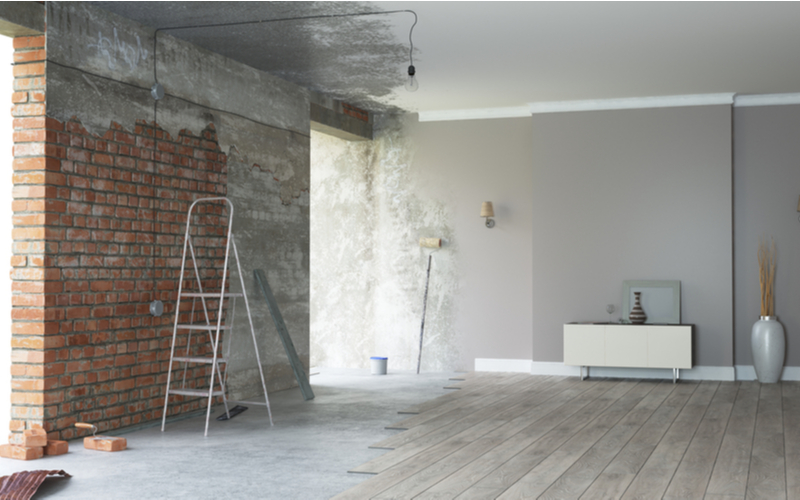
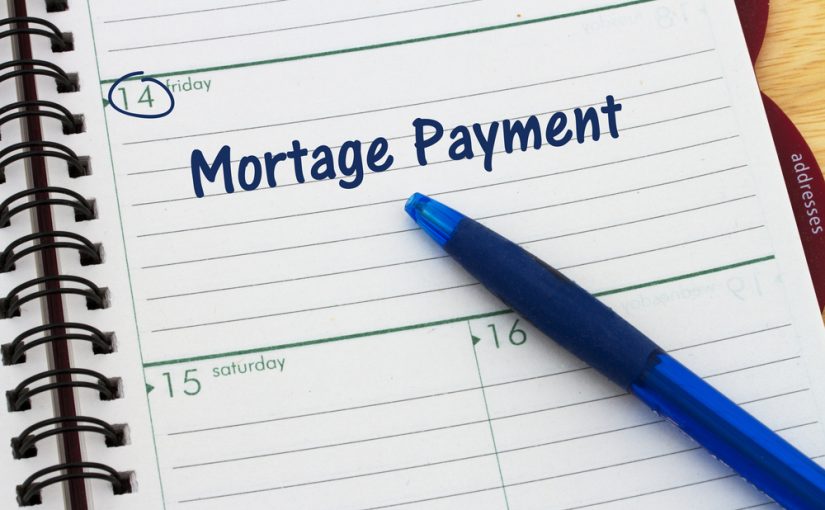
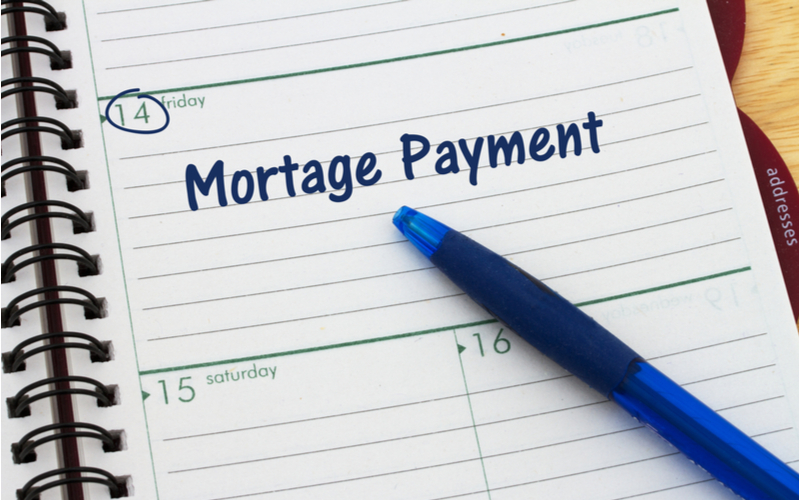 Paying off your mortgage early can come with a host of benefits. You can free up money for travel or retirement, tackle other debts, or even financially protect yourself from losing your home. However, achieving these can be difficult without the proper planning or budgeting.
Paying off your mortgage early can come with a host of benefits. You can free up money for travel or retirement, tackle other debts, or even financially protect yourself from losing your home. However, achieving these can be difficult without the proper planning or budgeting.